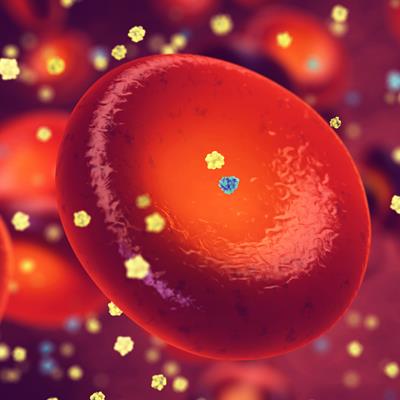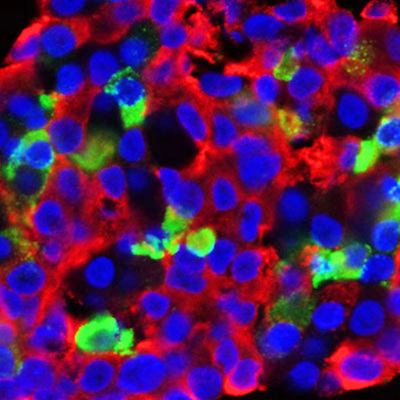February 1, 2022 -- Human Cell Design has launched Endoc-BH5, the fifth version of its model of ready-to-use functional human pancreatic beta cells.
The new model was achieved by combining human-induced pluripotent stem cell-derived differentiated cells and primary cell models with the company's proprietary NatLine amplification and maturation platform. According to Human Cell Design, Endoc-BH5 bridges the gap between previous versions and native human pancreatic beta cells. The Endoc-BH cell family, whose first version was released a little over a year ago, has been referenced in more than 100 peer-reviewed publications, the company added.
Diabetes affects more than 500 million people worldwide. As the cellular mechanisms underlying these disorders are not yet fully understood, authentic human beta cell models are key to advancing research and accelerating drug discovery in this area.
Human Cell Design is a French-based biotechnology company providing researchers in industry and academia with unique, physiologically relevant human cell models.
Copyright © 2022 scienceboard.net










